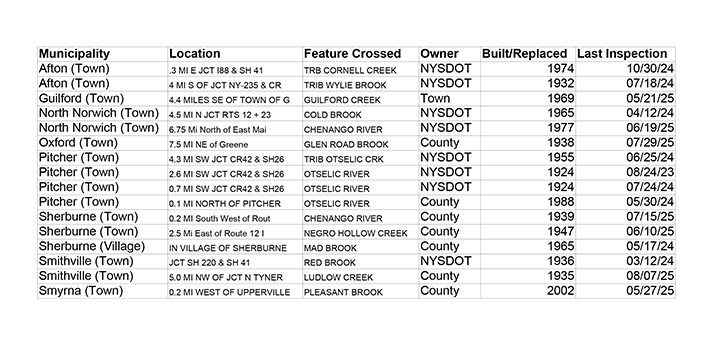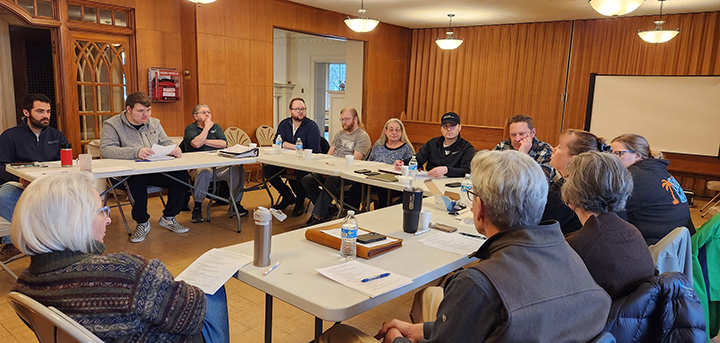Chenango County Health Department: Rabies prevention
CHENANGO COUNTY - Rabies is a deadly disease caused by a virus that attacks the central nervous system, brain, and spinal cord. Infected animals can transmit rabies to humans and other animals through their saliva. Once symptoms of Rabies appear, it is almost always fatal. Contact with bats is the leading cause of the need for rabies intervention every year, but skunks, raccoons, foxes, cats, and dogs can also carry the virus.
People in the US are commonly exposed to rabies through either wildlife or a pet that has contracted the disease. If you come in contact with an animal’s saliva through a bite or scratch, immediately wash the area with soap and water and seek medical care as soon as possible. The Chenango County Department of Health works closely with area healthcare providers to offer post-exposure rabies treatment for those at risk.
Caring for pets is important, especially keeping their Rabies vaccinations up to date. The Chenango County Department of Health provides rabies clinics for cats, dogs, and ferrets throughout the county. The 2025 Rabies clinic schedule can be found on their website at: https://www.chenangocountyny.gov/319/Rabies-Clinic-Schedule
Top Ten Ways to Prevent Rabies
1. Close any gaps in your house that are pencil-width sized or larger to prevent bats from entering your home. Seek professional help as needed to help with bat-proofing your home.
2. If you wake up with a bat in your bedroom, seek medical care. Bat teeth are very small, and their bites can be difficult to see; some people do not know when they are bitten.
3. Don’t throw away the bat! If you find a bat in your house, capture it and contact the Chenango County Department of Health Environmental Division for testing.
4. Teach children not to pet any animals that they are unfamiliar with, as you do not always know the animal's vaccination status.
5. Teach your children to let you know if an animal – wild or tame – bites them.
6. Feed animals inside and put food away to prevent attracting wild animals.
7. Limit the use of pet doors; wild animals don’t always know they shouldn’t enter your home.
8. If there is a wild animal on your property, do not interact with it; let it wander away.
9. Do not pet, feed, or try to adopt any wild animals or stray cats, or dogs.
10. Do not try to separate fighting animals.
If you have questions about a possible rabies exposure, please call Chenango County Department of Health at 607-337-1660.
Resources and for More Information:
www.health.ny.gov/diseases/communicable/zoonoses/rabies/precauti.htm
ny-chenangocounty.civicplus.com/312/Rabies
www.cdc.gov/rabies/index.html
Persons with questions or requiring additional information may contact the Chenango County Health Department at (607) 337-1660.
- information from the Chenango County Health Department










Comments